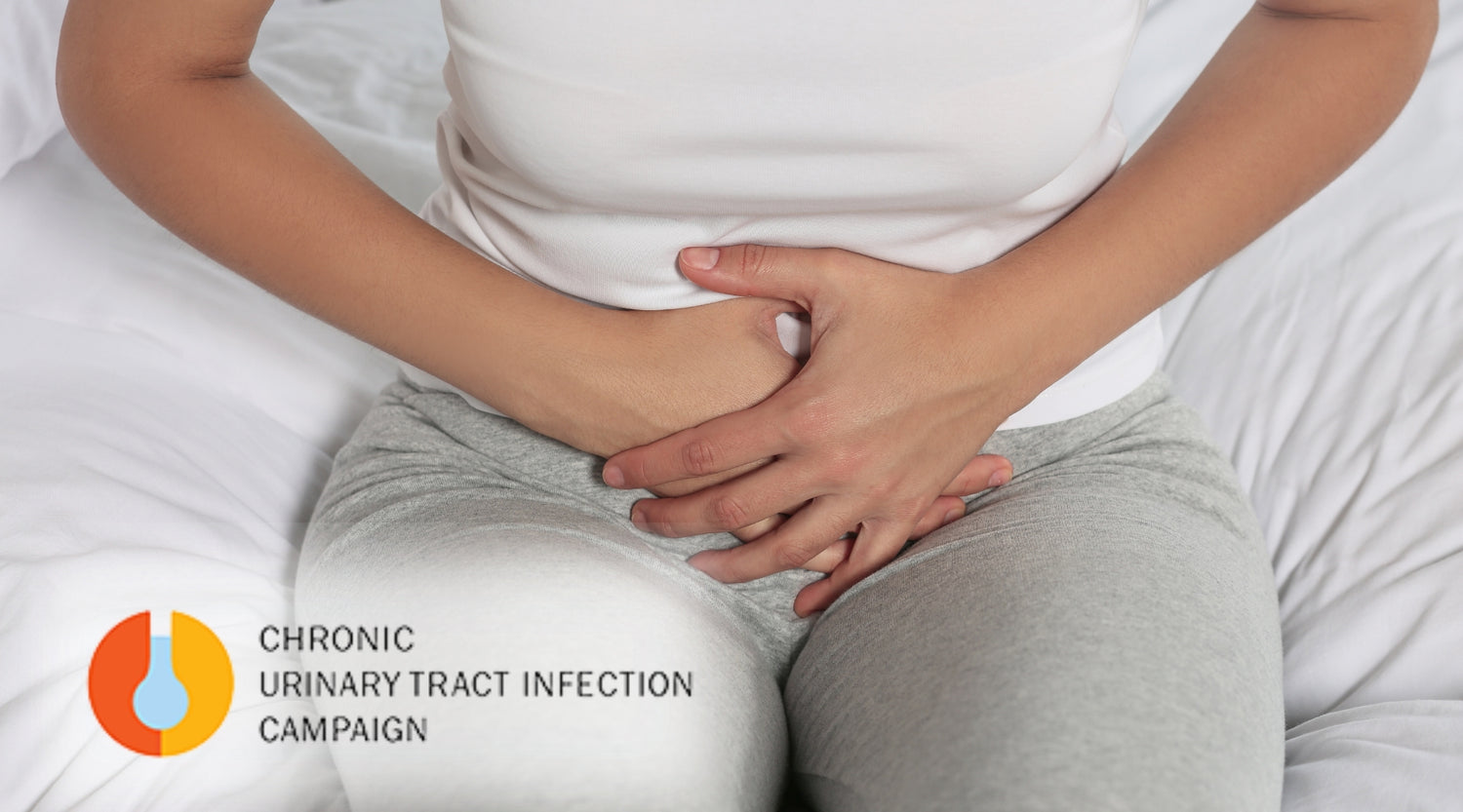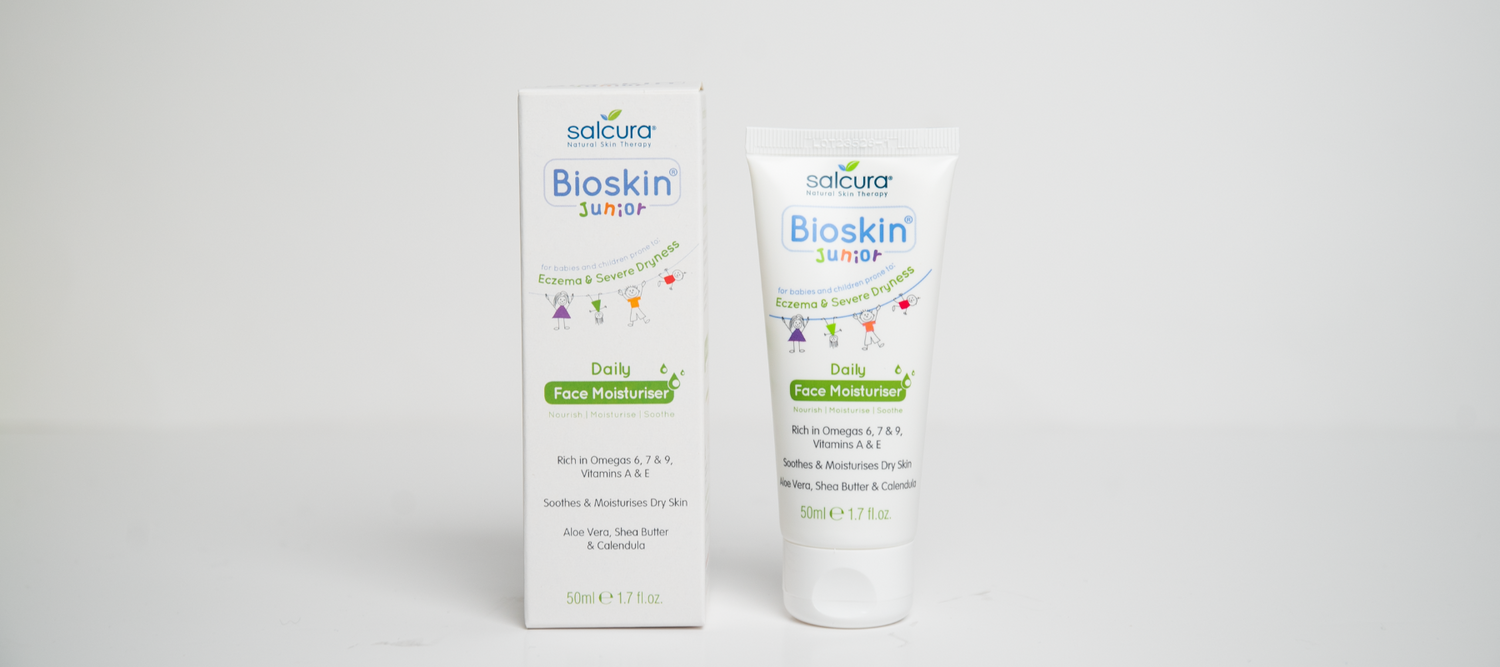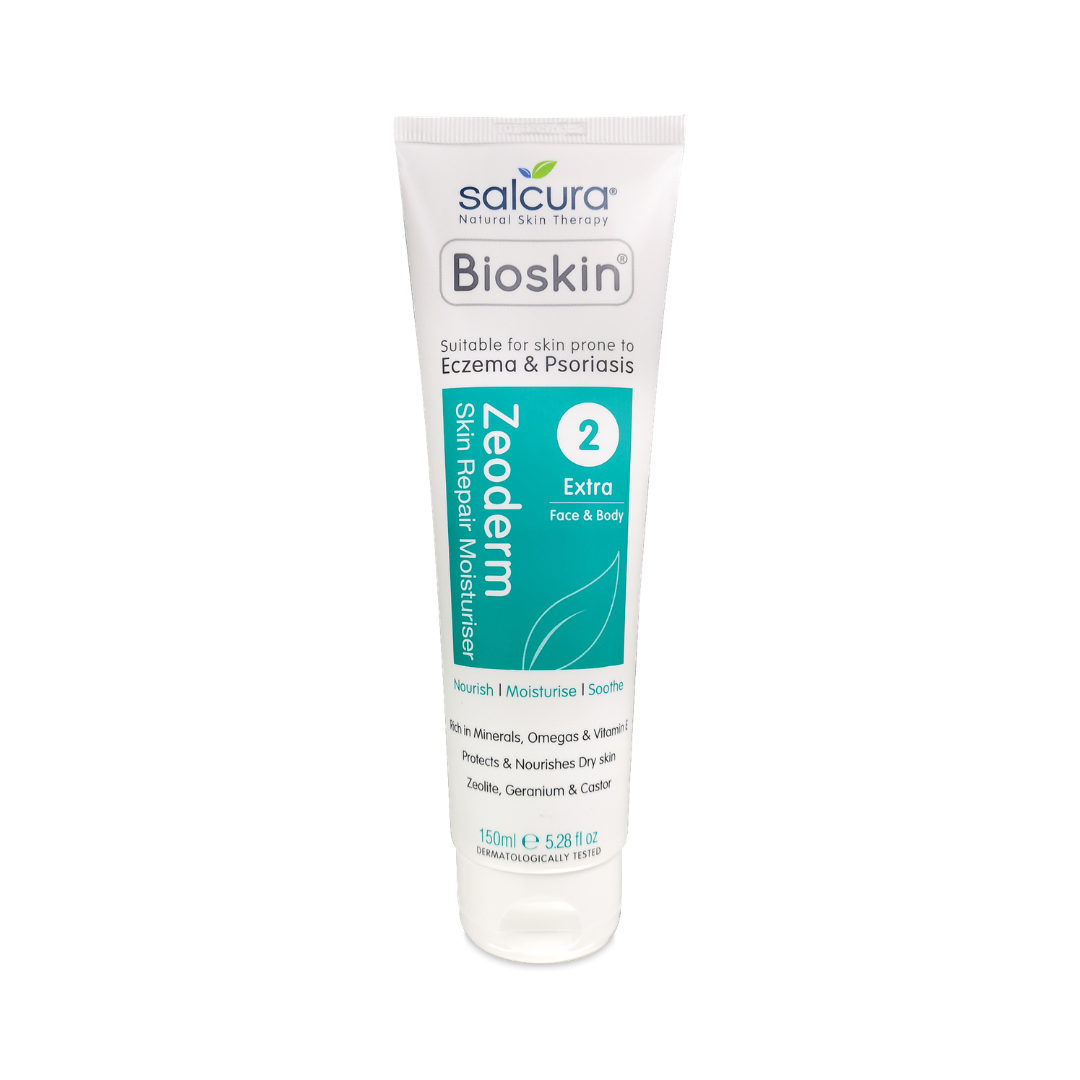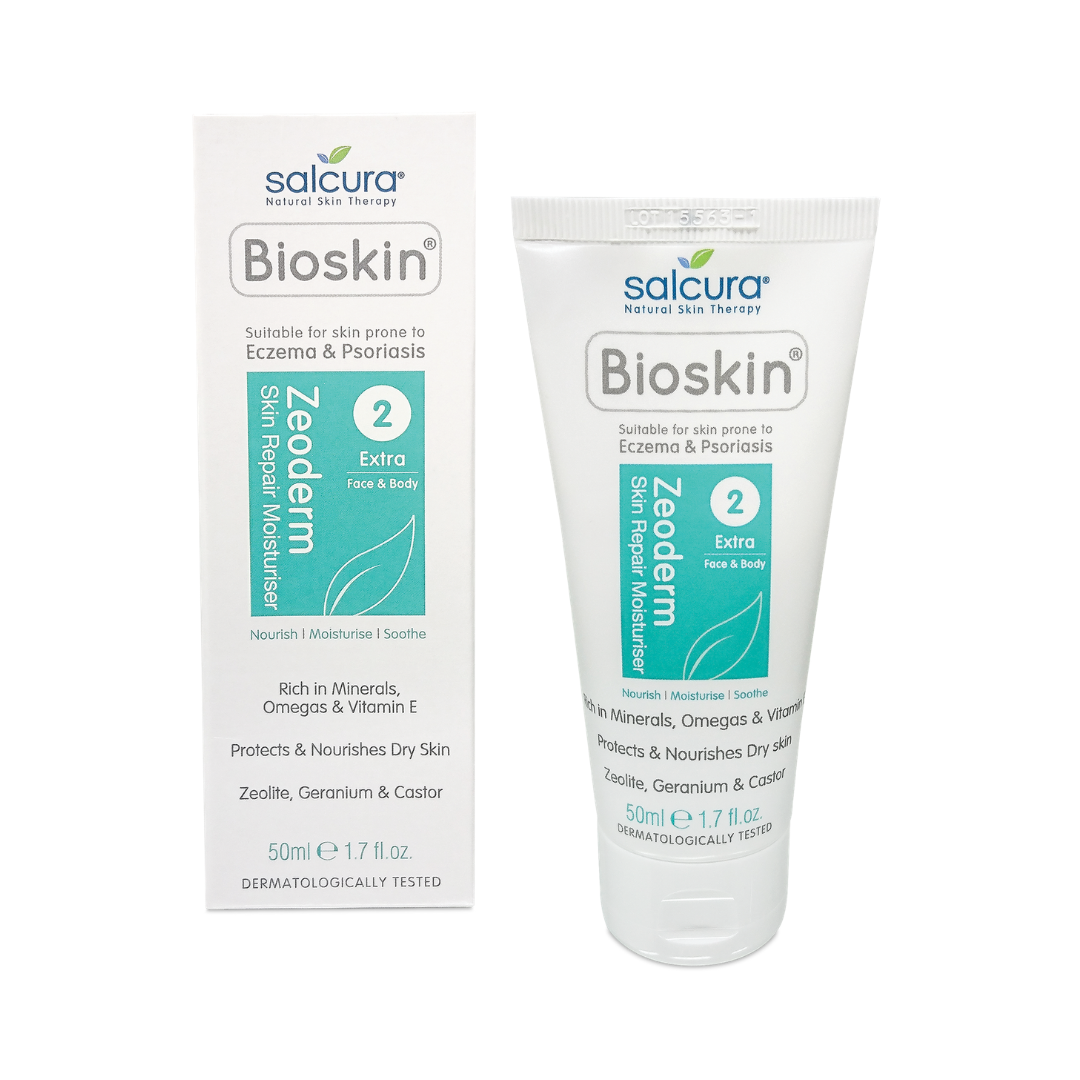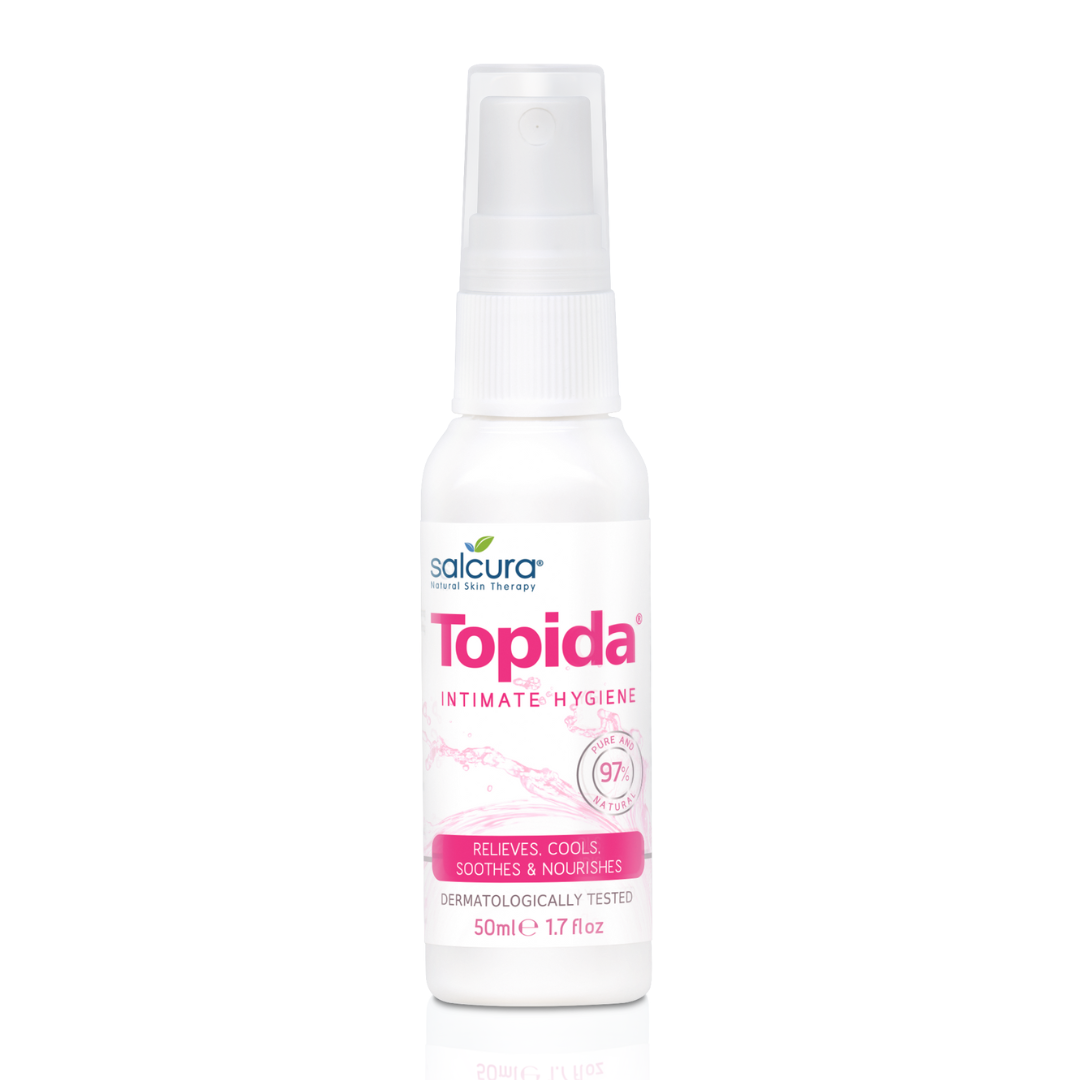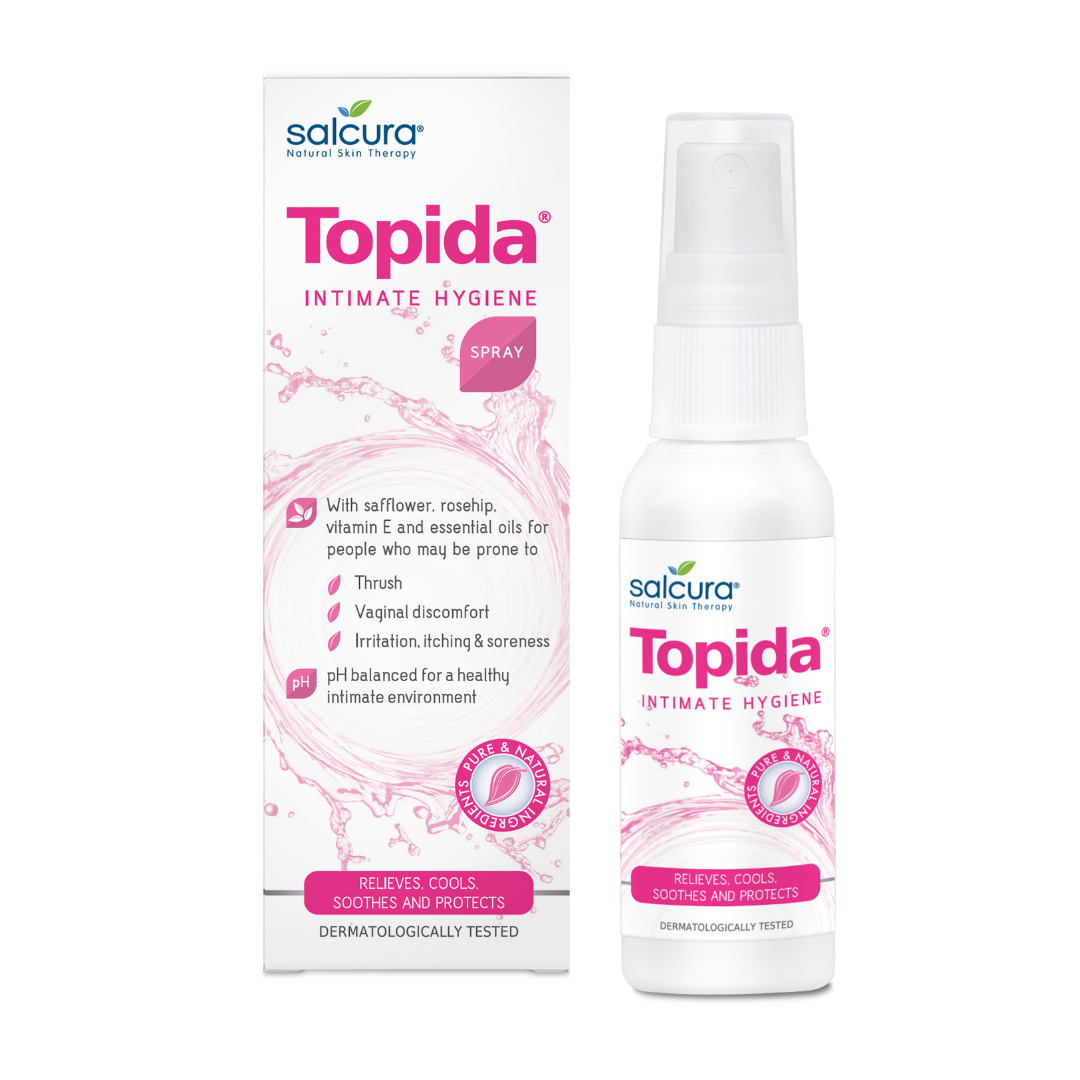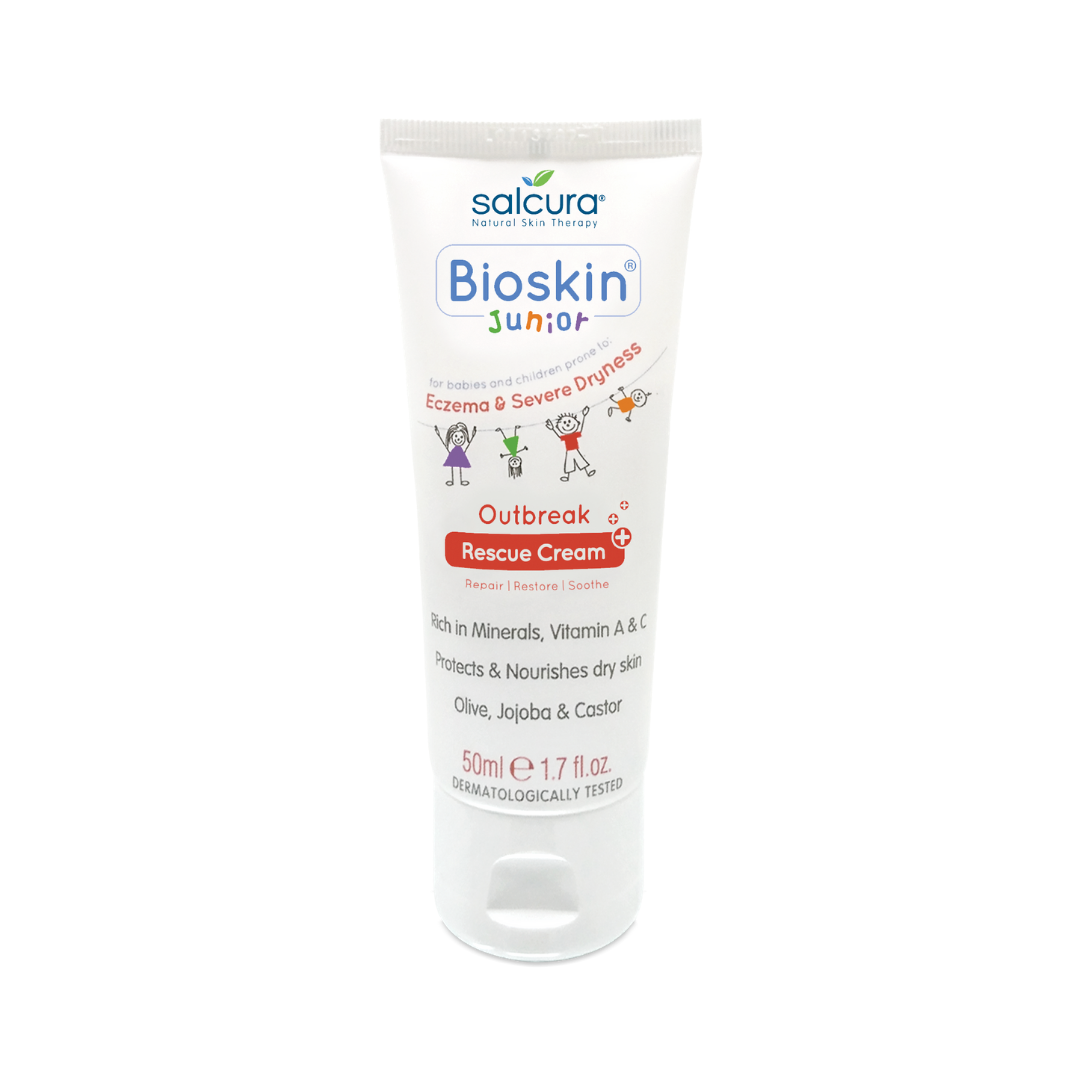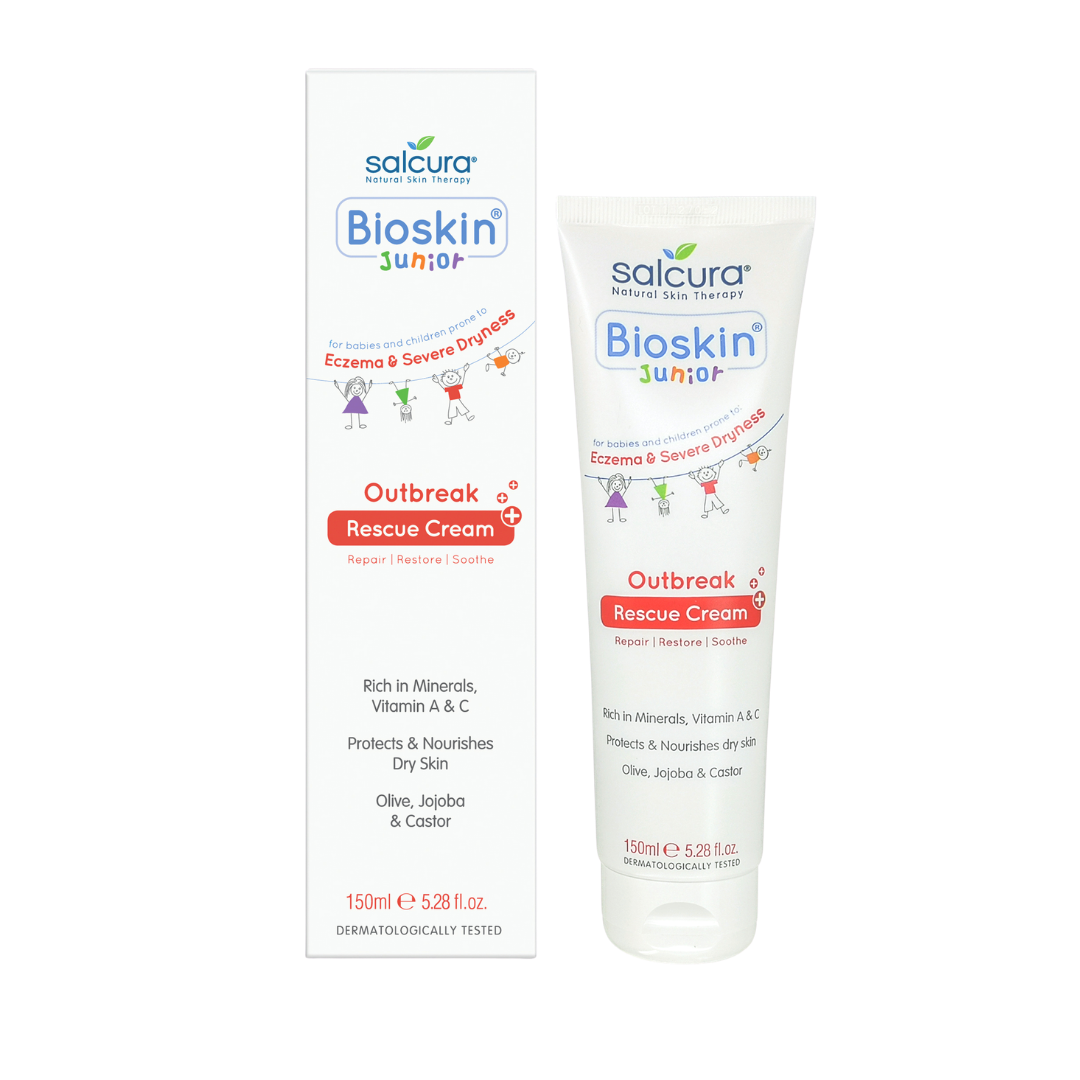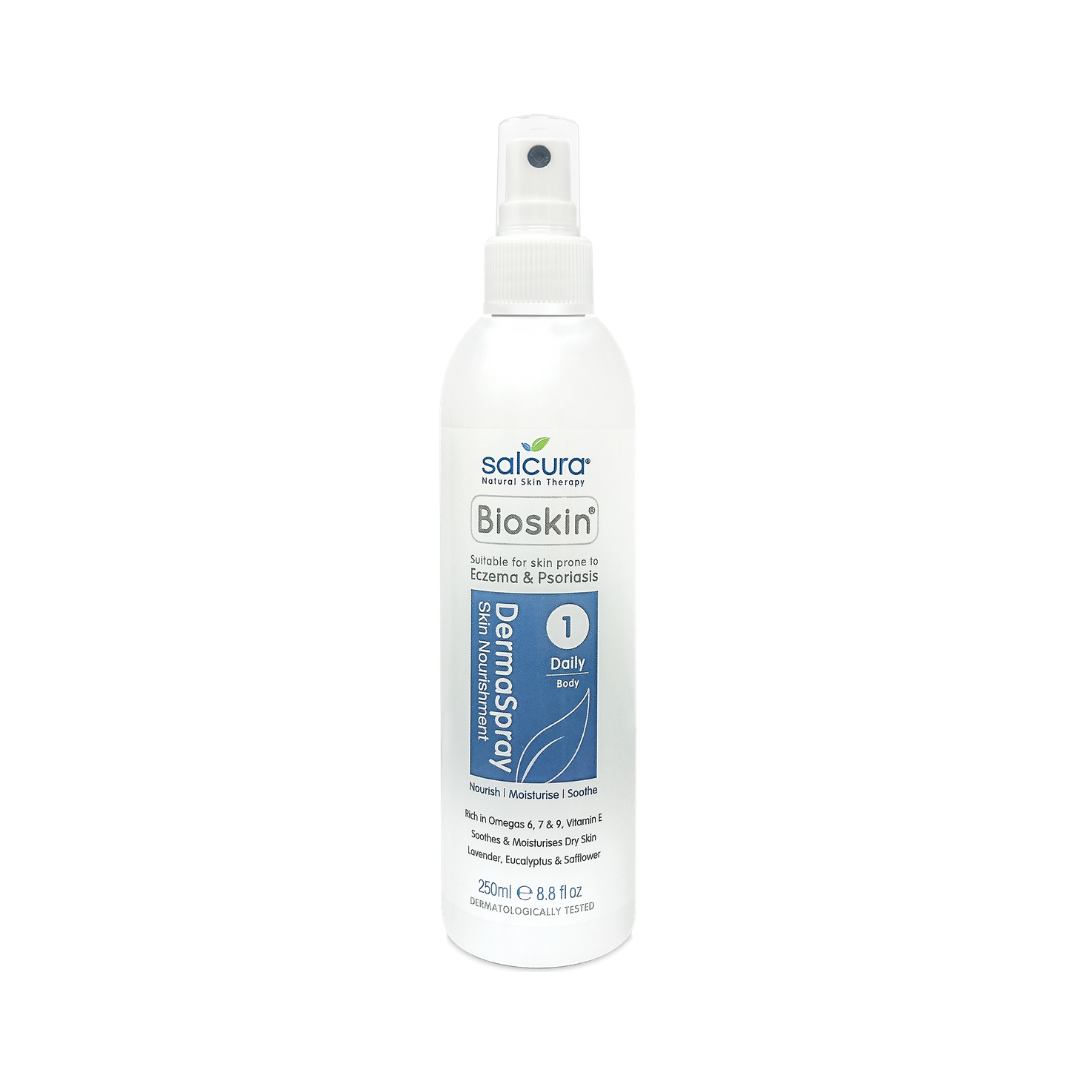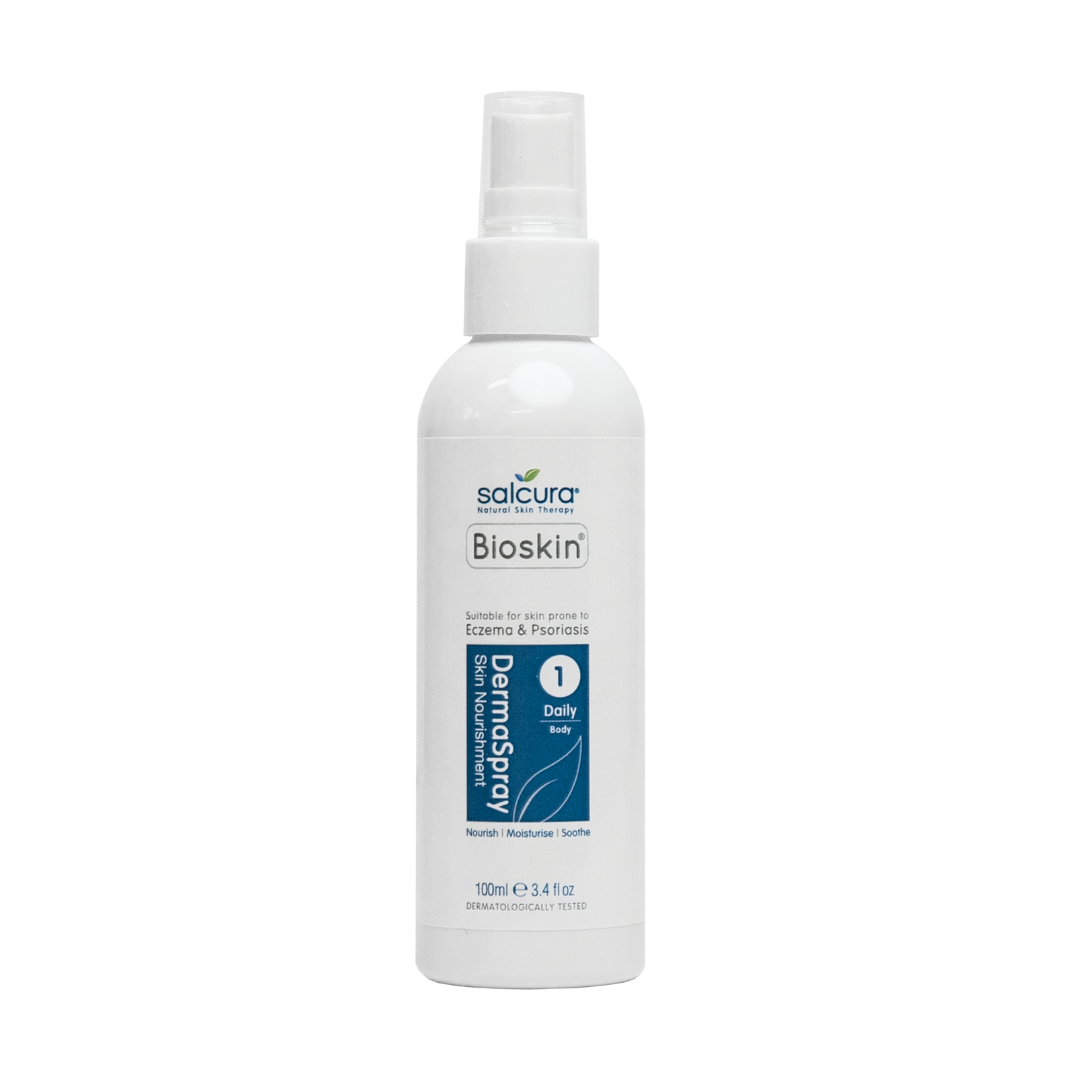The vaginal microbiome is the community of microbes that live in the vagina. It’s made up of bacteria and other microbes, and it’s linked to your whole body, playing an important part in our health and wellbeing. The optimal pH for a vagina is acidic, and ranges from 3.8 -.4.5. Unbalances in the vaginal microbiome can cause problems such as bacterial vaginosis, thrush and general discomfort.
The things we do, and natural processes (such as hormonal changes), can impact out vaginal microbiome without us even realising. Engaging in sexual intercourse with a male partner who does not maintain proper hygiene practices, taking antibiotics, the menstrual cycle, scented products and washing internally can all change the pH of the vagina out of its optimal range.
There are many facts, myths and misconceptions surrounding the vagina and vulva area. Read further to find out the truth!
The vagina needs to be cleaned
MYTH. The vagina is the internal part of the genitalia and is self-cleaning. Washing internally can upset your pH balance, leading to issues such as thrush and bacterial vaginosis. This is why many doctors recommend staying away from ‘douches’ which are made for internal use. The external part of the genitalia is the vulva. This area is skin just like any other park of your body- however, it is much more sensitive and delicate. Washing with water alone can dry out sensitive skin and cause discomfort. Our vulva-friendly Topida Wash is pH balanced and soothes, nourishes, and freshens your intimate area through the use of only natural and gentle ingredients. Find out more here.
Changes in discharge always mean something is wrong.
MYTH. Discharge looks different at various times in your cycle. It may be white and creamy after your period and clear and stretchy as ovulation approaches. If it’s a yellow, green, or accompanied by itching and burning sensations, you should consult your GP as this may indicate infection.
Semen doesn’t affect the vagina
MYTH. Introducing semen into the vaginal microbiome can also increase your risk for infections in two ways. First, the presence of semen in the vagina can increase your vaginal pH (a healthy vaginal pH ranges between 3.8-4.5, and semen has a pH of 7.2 to 8.0.) Having a higher pH can create a more favourable environment for pathogenic fungi or bacteria, potentially resulting in a yeast infection or BV. Second, semen contains its own set of bacteria that are introduced to the vaginal microbiome during unprotected penetrative sex (semen actually contains more bacteria than it does sperm!), including species that can cause vaginal infections.
Vaginas are supposed to smell
FACT. The vaginal microbiome is made up of good bacteria, which can cause different smells, which may change at different times in your cycle. If your vagina has a foul or unpleasant odour, then you should consult a GP as this may indicate infection.
You can lose things in the vagina
MYTH. It’s a common misconception that you can lose things such as tampons in the vagina. The cervical opening is far too small to allow things to pass and get lost.
How can you prevent thrush?
Wipe front to back. Take probiotics when you are on antibiotics. Avoid soaps, antiseptics, douches or perfumed sprays in that area. Avoid wearing tight-fitting pants and synthetic underwear. Use a gentle, pH balanced wash, such as Topida Intimate Hygiene Wash. If you do develop thrush, Topida Intimate Hygiene Spray can relieve discomfort and other associated symptoms. Find out more here.
How does menopause affect the vaginal microbiome?
Less estrogen may cause the tissues of the vulva and the lining of the vagina to become thinner, drier, and less elastic or flexible. Vaginal secretions are reduced, resulting in decreased lubrication. Reduced levels of estrogen also result in an increase in vaginal pH, which makes the vagina less acidic.
Do certain foods affect the vagina/vulva?
Yes! Probiotic rich foods such as yoghurts and kimchi support the vagina’s microbiome. Excessive sugar consumption can also feed the yeast and bacteria that causes thrush and bacterial vaginosis.
Why does my vulva area feels, dry, sensitive and itchy?
This could be the results of many everyday things such as shaving, wearing tight clothes, weather changes and friction caused from sexual activities or exercise. If you are already prone to reactive skin, the vulva will be even more sensitive. Avoid using a standard body wash as this can be very harsh on the intimate area. Topida Intimate Wash has naturally proven ingredients that can help alleviate and soothe sensitive, dry and itchy skin.
How should you look after your vulva/vagina after sex?
Use condoms, they not only protect your from STI’s but they can prevent bad bacteria from interrupting your natural ph. Don’t forget to pee afterwards. This helps flush out any bacteria that may have got into your urinary tract during sex, preventing a UTI developing. Cleanse the outside area (vulva) using a gentle wash, such as Topida Intimate Hygiene Wash, or water, to remove the build of bacteria and bodily fluids.



